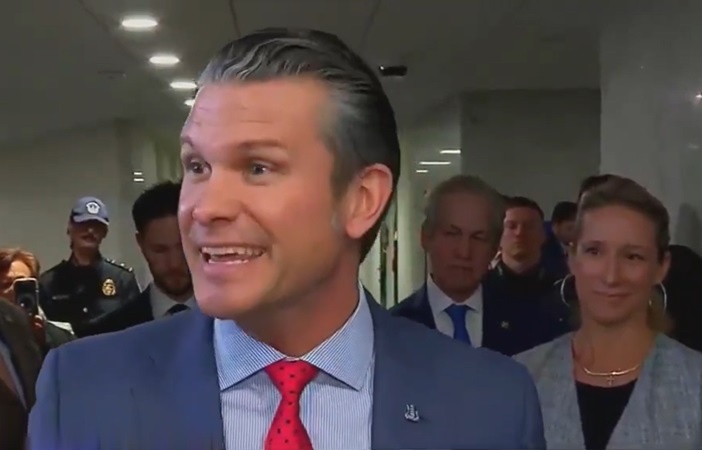(Crankers) The U.S. just announced a new military campaign called Operation Southern Spear, and it’s already becoming one of the most talked-about national security stories of the week. The announcement came directly from Defense Secretary Pete Hegseth, who posted about the operation on X and described it as an effort to “remove narco-terrorists from our Hemisphere.” The phrase got people’s attention quickly, especially since the statement came with very few details and raised more questions than answers.
From what’s been reported so far, the operation is being run through U.S. Southern Command, with a new group called Joint Task Force Southern Spear helping coordinate missions. This isn’t coming out of nowhere. Over the past few months, the U.S. has already carried out several strikes on vessels in the Caribbean and eastern Pacific. Officials say these vessels were linked to drug-trafficking networks, and at least one of the recent strikes reportedly killed four people aboard. Now, with Southern Spear officially announced, those earlier actions appear to be part of a larger strategy.
What makes this operation unusual is how broad and vague the description is. Hegseth’s announcement didn’t specify which organizations qualify as “narco-terrorists,” which countries might be involved, or what the rules of engagement will look like. It also didn’t address how far U.S. forces are allowed to go, whether inside foreign territorial waters or potentially on foreign soil. That ambiguity has drawn attention from legal experts, foreign policy analysts, and human rights groups who are trying to understand what kind of campaign this will turn into.
Another major question is the international law angle. Striking unidentified vessels in international waters, targeting non-state actors, and operating near or within the jurisdictions of other countries raise issues that usually require careful legal justifications. Some Latin American and Caribbean governments have already expressed concern about sovereignty and the possibility of accidental targeting or civilian casualties. None of that has been addressed by the U.S. yet, which means there’s likely more debate coming.
Still, the reasoning behind the operation is clear enough. The U.S. government wants to show a tougher, more aggressive stance against drug-trafficking networks and the violence tied to them. By using the term “narco-terrorist,” the administration is placing these groups in the same category as hostile militant organizations, suggesting a shift from traditional law-enforcement operations to a more militarized approach. Whether that shift is effective—or even justified—remains to be seen.
For now, Operation Southern Spear is a developing story. More details are expected in the coming days and weeks, especially as Congress begins demanding clarity about the mission’s goals, oversight, and legal framework. The only thing certain right now is that this marks a major escalation in U.S. involvement in anti-drug operations across the hemisphere, and the ripple effects could be significant for the region.


